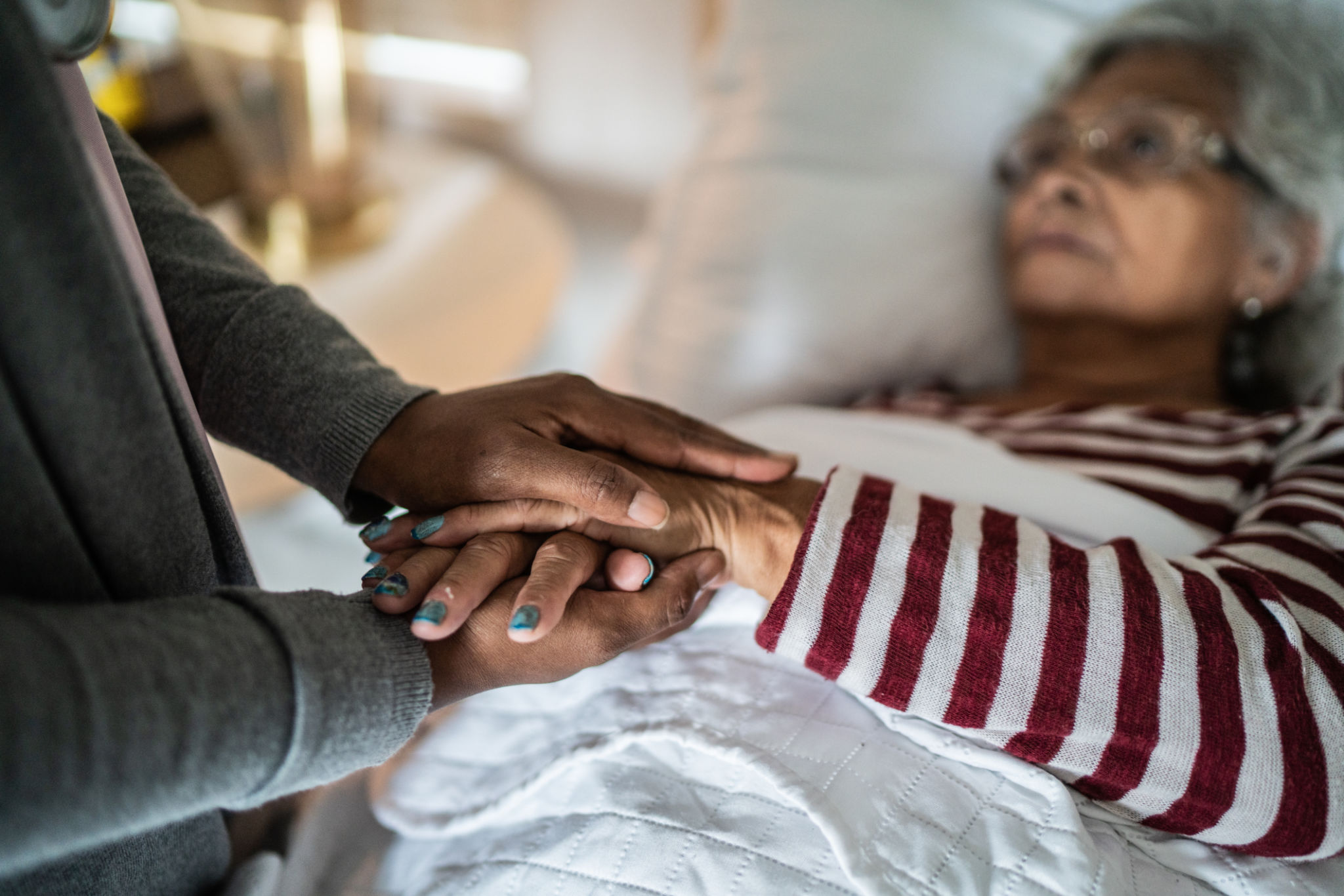Breaking Down Stereotypes: Understanding African American Fraternal Organizations
Understanding the Legacy of African American Fraternal Organizations
For many, African American fraternal organizations are shrouded in mystery, often misunderstood or misrepresented. However, these organizations play a significant role in the cultural and social fabric of African American communities. By breaking down stereotypes, we can gain a deeper appreciation for their historical and contemporary significance.

The Roots of Brotherhood and Sisterhood
Fraternal organizations among African Americans date back to the late 19th century, a time when African Americans sought spaces for mutual support and advancement. Organizations such as the Prince Hall Freemasons and the Order of the Eastern Star were among the first to provide such a platform. These institutions were not just social clubs; they were vital in fostering leadership and education.
Their early missions focused on community development and empowerment, offering scholarships, mentorship, and various community services. By prioritizing education and service, these organizations laid the groundwork for future generations to thrive.
Modern Influence and Activities
Today, African American fraternal organizations continue to evolve. They are actively involved in addressing social issues, such as voter registration, health awareness, and educational disparities. Many members participate in initiatives that aim to uplift underserved communities and inspire youth leadership.

Membership in these organizations provides a network of support and mentorship that extends beyond college years, fostering lifelong connections and opportunities. This enduring commitment to community service and personal development is a hallmark of these groups.
Dispelling Common Stereotypes
Despite their positive impact, African American fraternal organizations are sometimes misunderstood. Common stereotypes paint them as exclusive or secretive, failing to acknowledge their open commitment to social justice and community service. By engaging with members and learning about their activities, we can see the true nature of these organizations.
It's important to recognize that these groups are diverse in their missions and memberships, reflecting a wide range of interests and backgrounds. Their inclusive nature and dedication to equality and progress often go unrecognized.

The Role of Education and Advocacy
Education is a cornerstone of African American fraternal organizations. They provide scholarships, host educational events, and promote literacy and learning at all levels. Advocacy efforts also play a crucial role, as these organizations frequently engage in campaigns that promote civil rights and equality.
- Scholarship Programs
- Mentorship Initiatives
- Health and Wellness Campaigns
- Voter Registration Drives
By championing these causes, they continue to make a lasting impact on individuals and communities alike.
The Future of Fraternal Organizations
Looking ahead, African American fraternal organizations are poised to continue their legacy of empowerment and social change. As they adapt to modern challenges, their commitment to community service and education remains steadfast. By embracing technology and innovative approaches, they aim to reach even more individuals and make a broader impact.
These organizations are not relics of the past but dynamic entities that continue to shape the future of African American communities. By understanding their history and mission, we can appreciate the vital role they play in society today.
